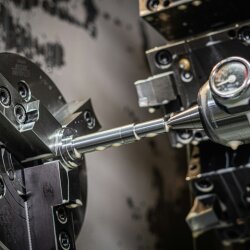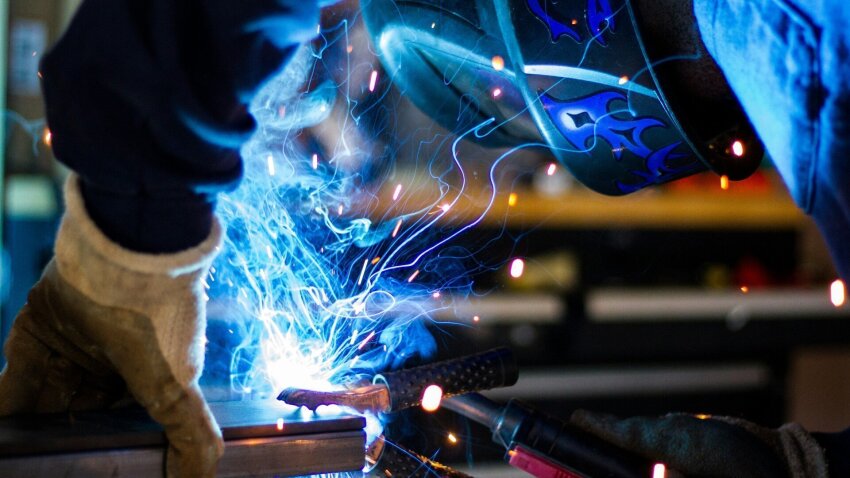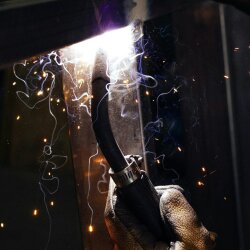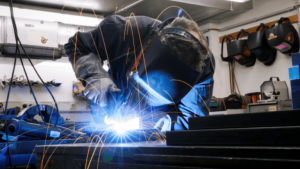Industrial mechanics for precision engineering are specialists in precision engineering on a small scale. They plan and manufacture precision engineering devices, equipment and attachments from semi-finished products and standardised parts and ensure that they function reliably. This requires maximum precision and technical understanding.
Their work includes both the manufacture of individual components and the assembly of complex systems. After production, they put the devices into operation, check their function and make adjustments if necessary. Industrial mechanics for precision engineering work in prototype construction, in individual and small series production as well as in technical service and maintenance.
The profession combines manual skills, technical expertise and modern production methods. Anyone who enjoys precise work, is interested in mechanics and has a good imagination will find a varied field of activity with exciting prospects - from the development of new devices to the maintenance of high-precision attachments.
Important information about this traineeship
-
Training content
CO₂ welding
Image: A. SchrollThe following knowledge and skills, among others, are taught during practical training:
- Manufacture components, assemblies and devices by:
- Manual and mechanical machining
- Cutting and forming
- Joining by means of screwing, welding, soldering and gluing
- Measuring and testing
- Assembling components into precisely functioning assemblies, devices and systems
- Maintenance and servicing of device systems
- Commissioning these devices as well as testing and adjusting functions
- Electrical and control technology components
- Creating programmes and working on CNC machines
- Manufacture components, assemblies and devices by:
-
Duration and location
Main Building of the Faculty from top
Image: Jan-Peter Kasper (University of Jena)The training period is 3 ½ years.
The practical training takes place in the training workshop of the Faculty of Physics and Astronomy at the University of Jena. Some training modules take place at external partner companies.
The theoretical knowledge is taught at the state vocational school centre in Jena-GöschwitzExternal link.
-
Requirements
Mechaniker
Image: Anne Günther (University of Jena)- Good secondary school leaving certificate, especially in science subjects
- Manual skills
- Spatial imagination
- Technical understanding
- Physical resilience
- Careful, responsible and precise way of working
- Teamwork and communication skills
- Enjoy working with modern technology
Contact us





